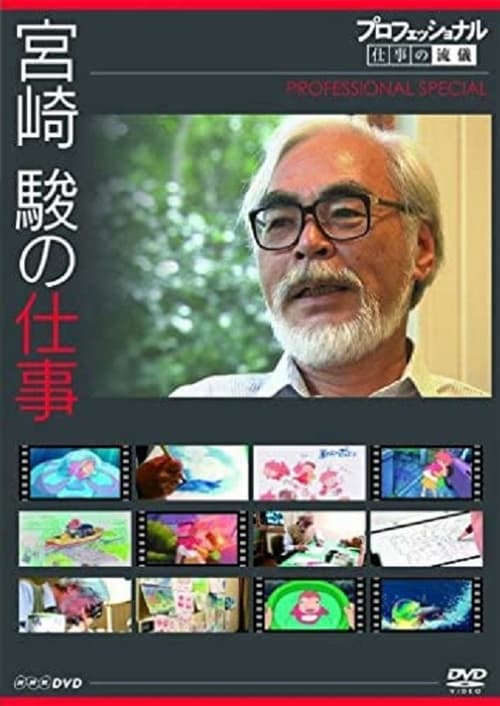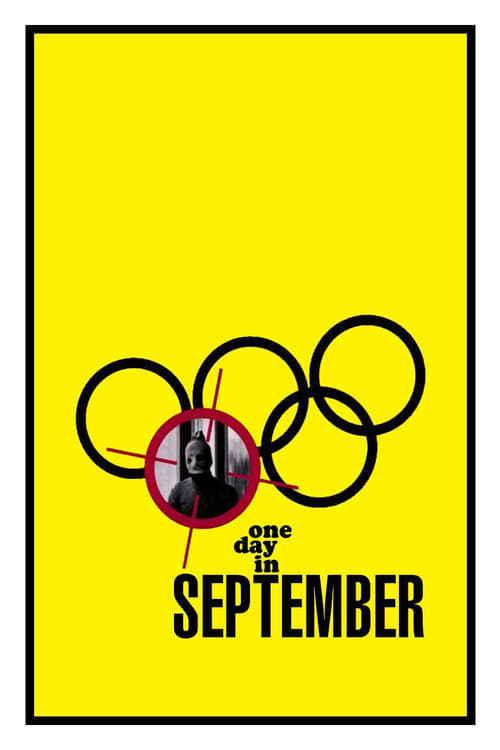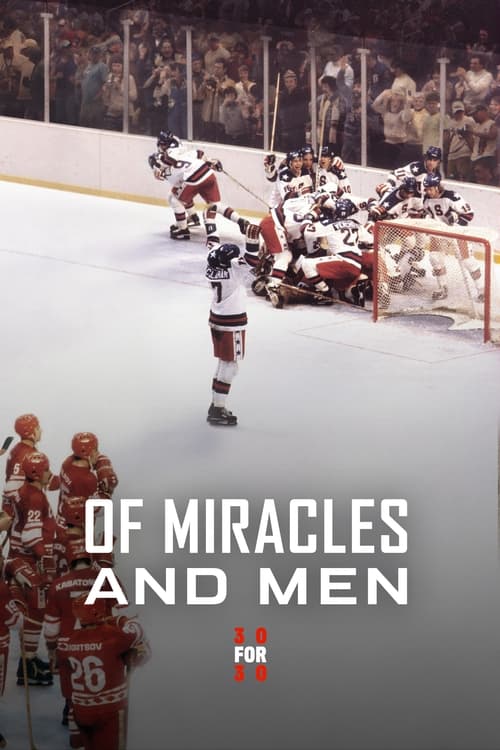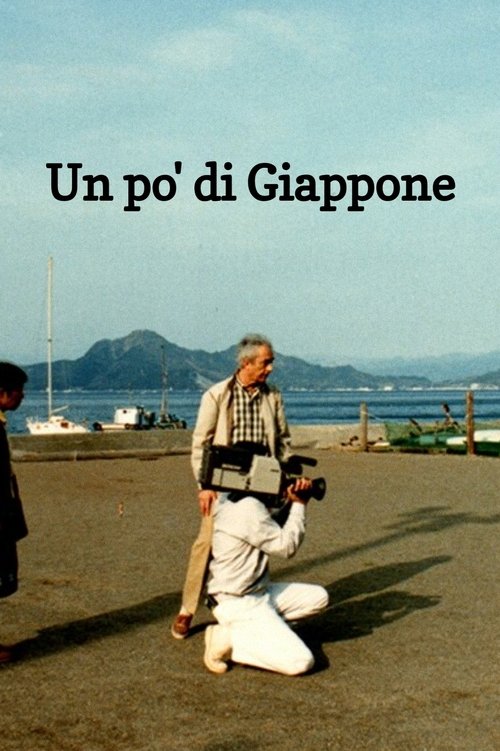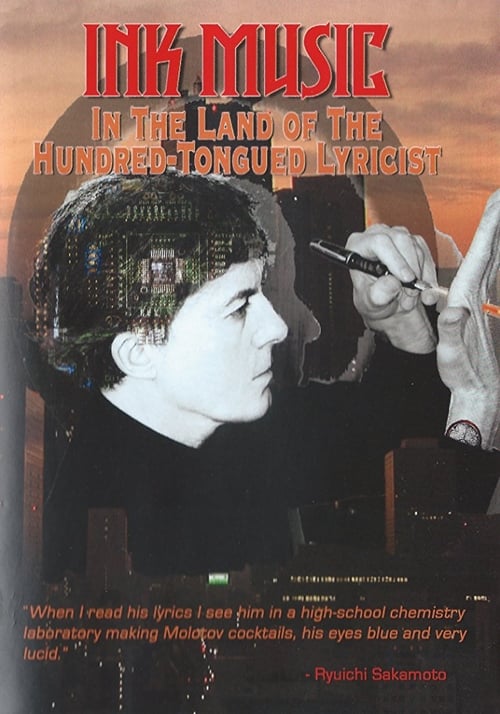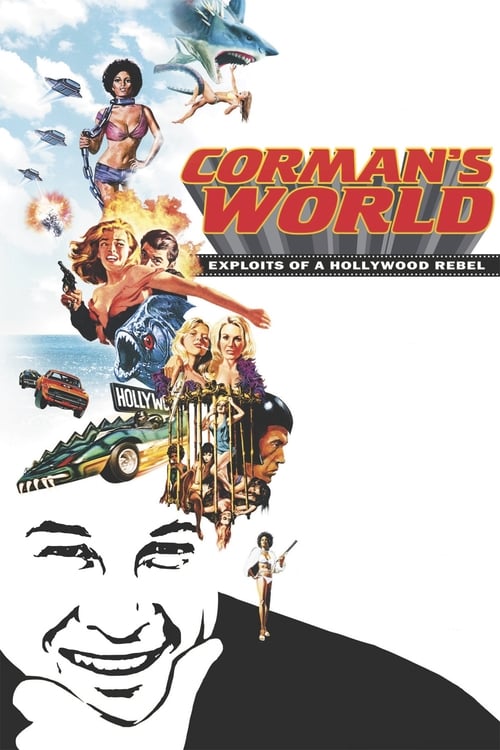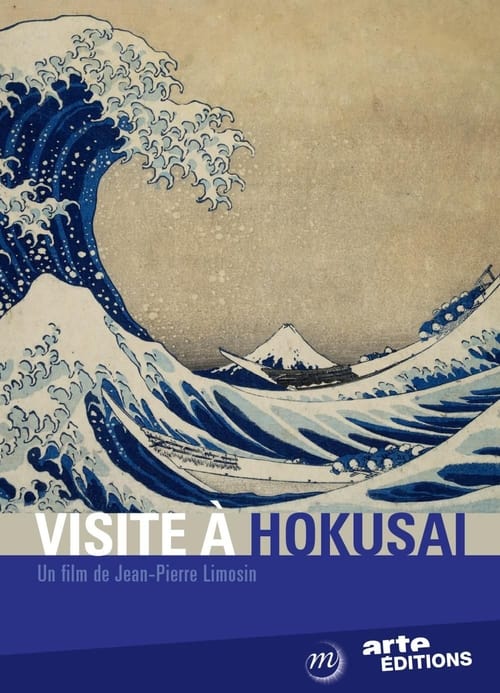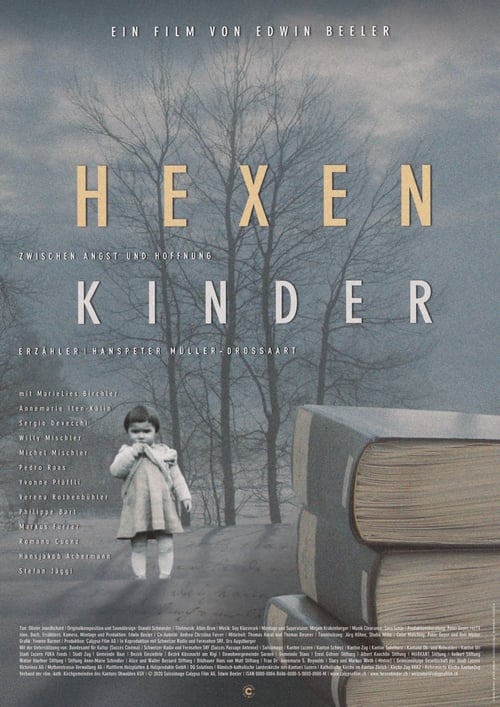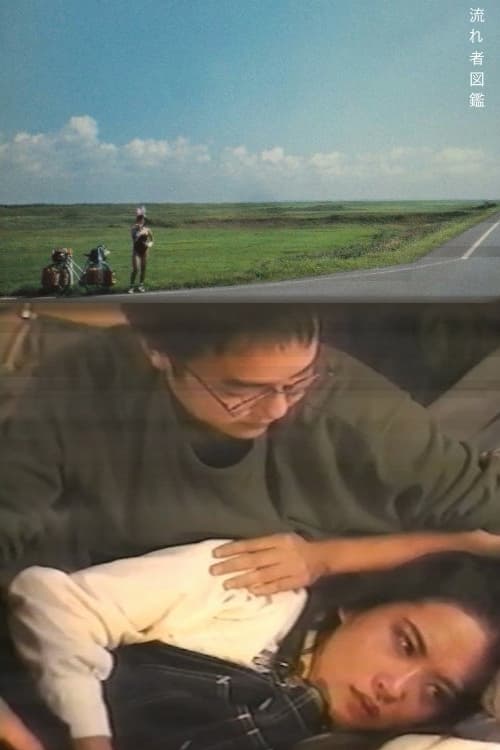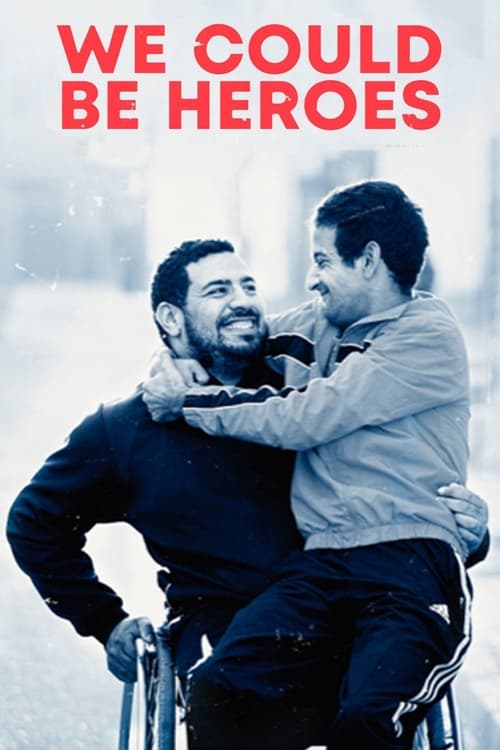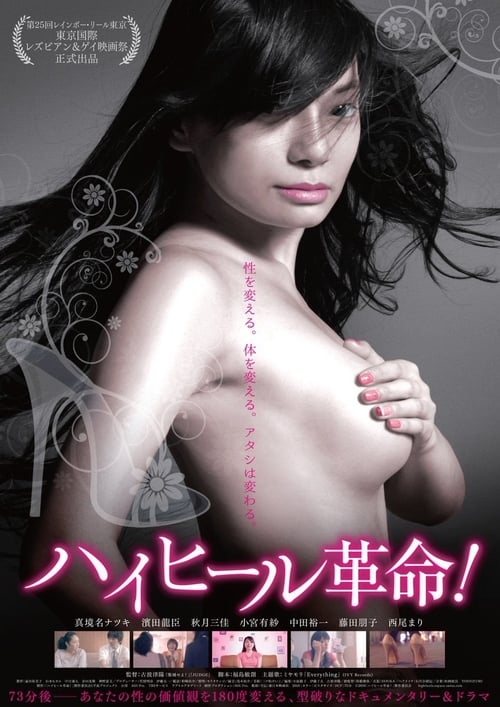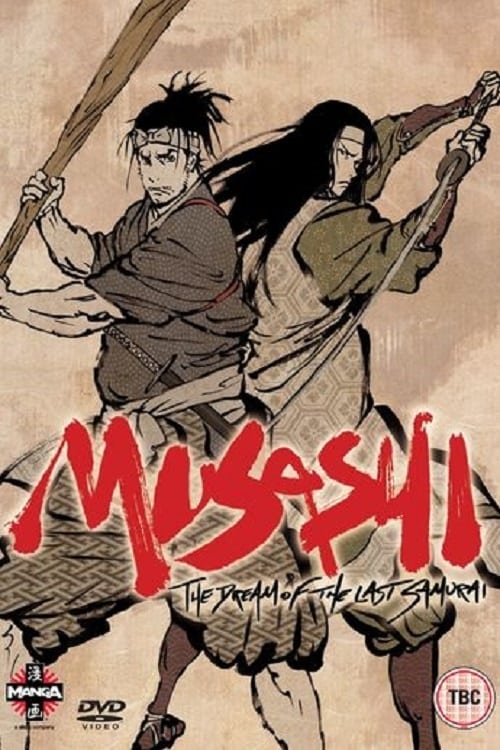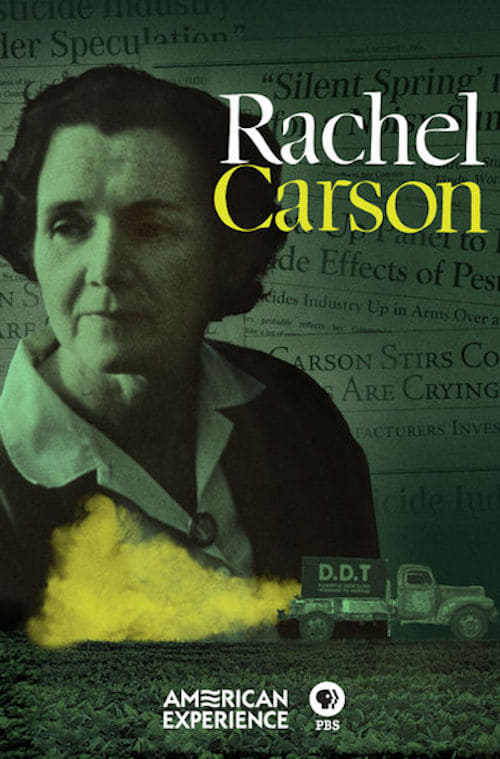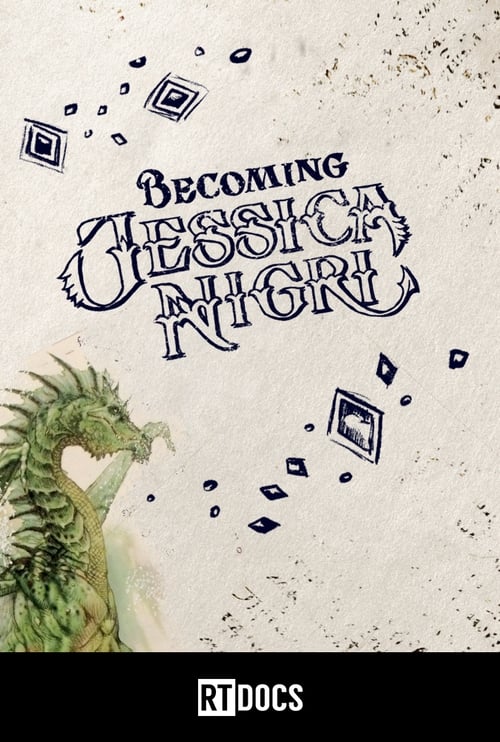Ink Music: In the Land of the Hundred-Tongued Lyricist Everyone in Japan knows his work, yet few recognize his face. Chris Mosdell, British expatriate, pop lyricist, poet and visual artist, during his 30-year residence in Tokyo has written chart-topping hits with some of Japan's most influential musicians and composers, penned lyrics to anime film scores, and run with the multimedia underground of that city's avant-garde. Ink Music: In The Land Of The Hundred-Tongued Lyricist is a 90-minute documentary film detailing those artistic relationships in the expansive career of artistic word-smith, Chris Mosdell. Shot in HD on-location in Tokyo and Fukui, Japan, and New York City, USA, the film highlights Mosdell's rise from obscure expatriate bohemian poet to renowned lyricist for Japan's biggest band ever, Yellow Magic Orchestra (YMO). The story is told through exclusive interviews. Tokyo itself also figures into the narrative as a major character, featuring copious clips of original footage from inside the city that inspires Mosdell's work.
⭐ 0.0 🤍




